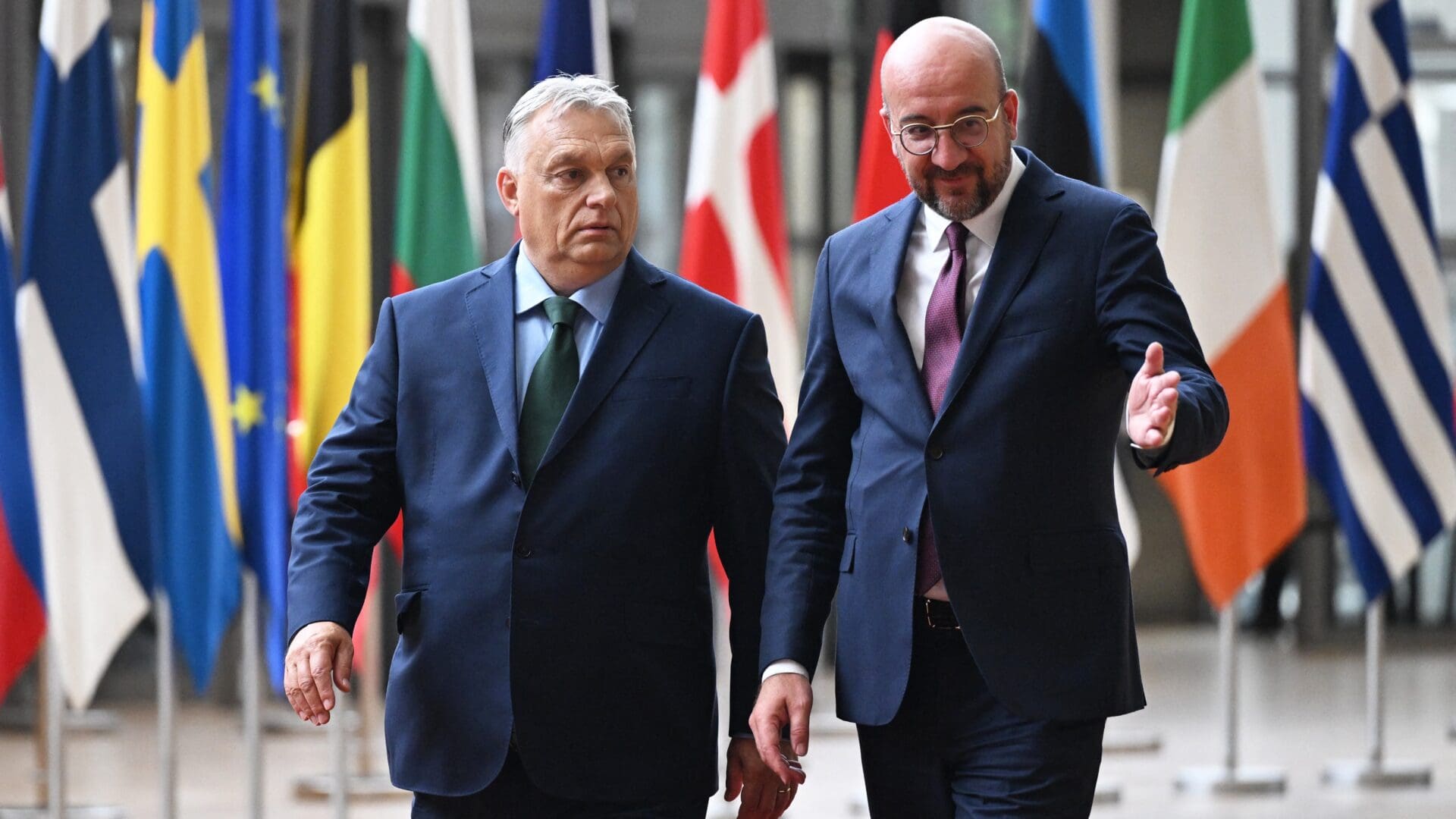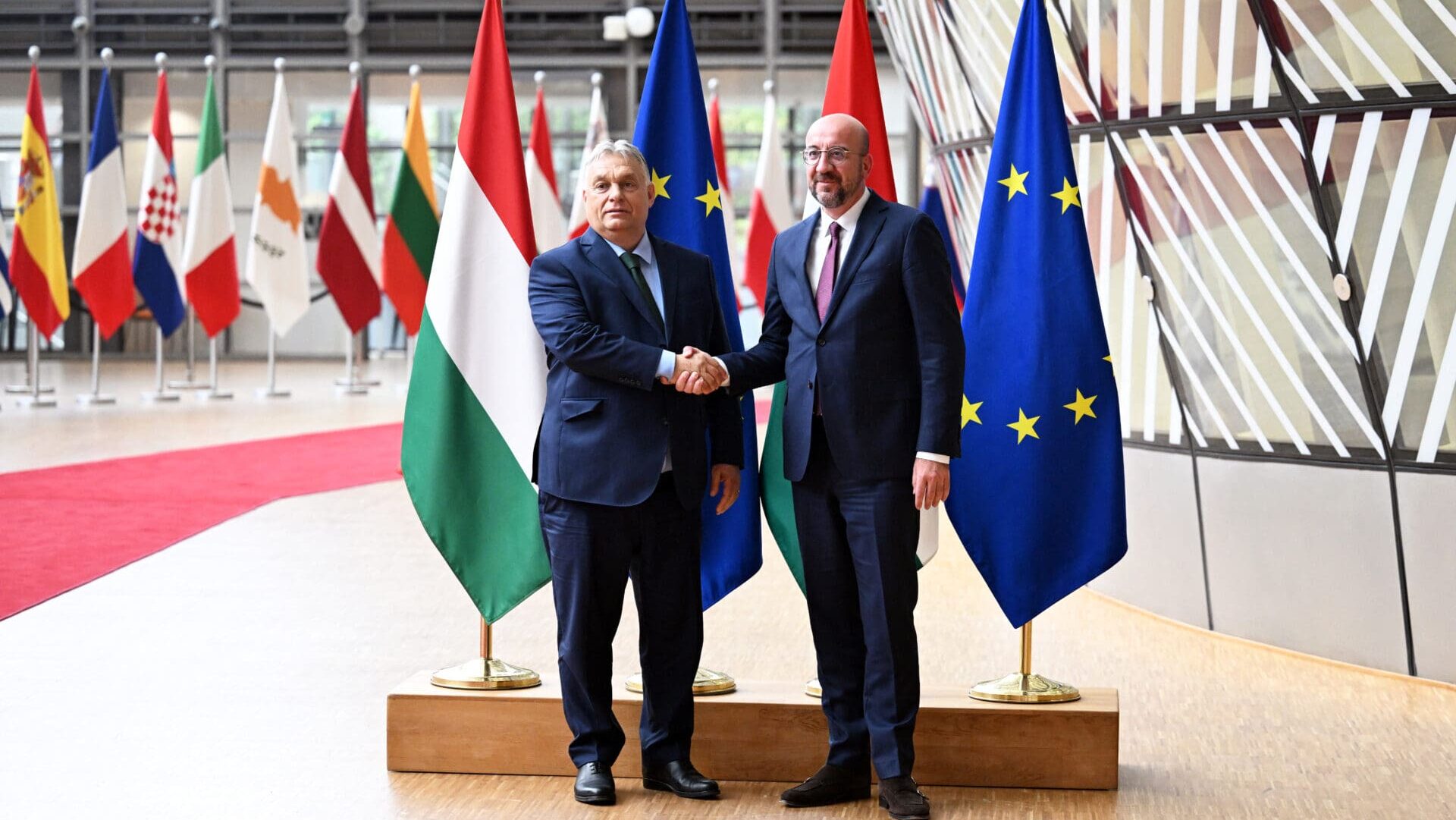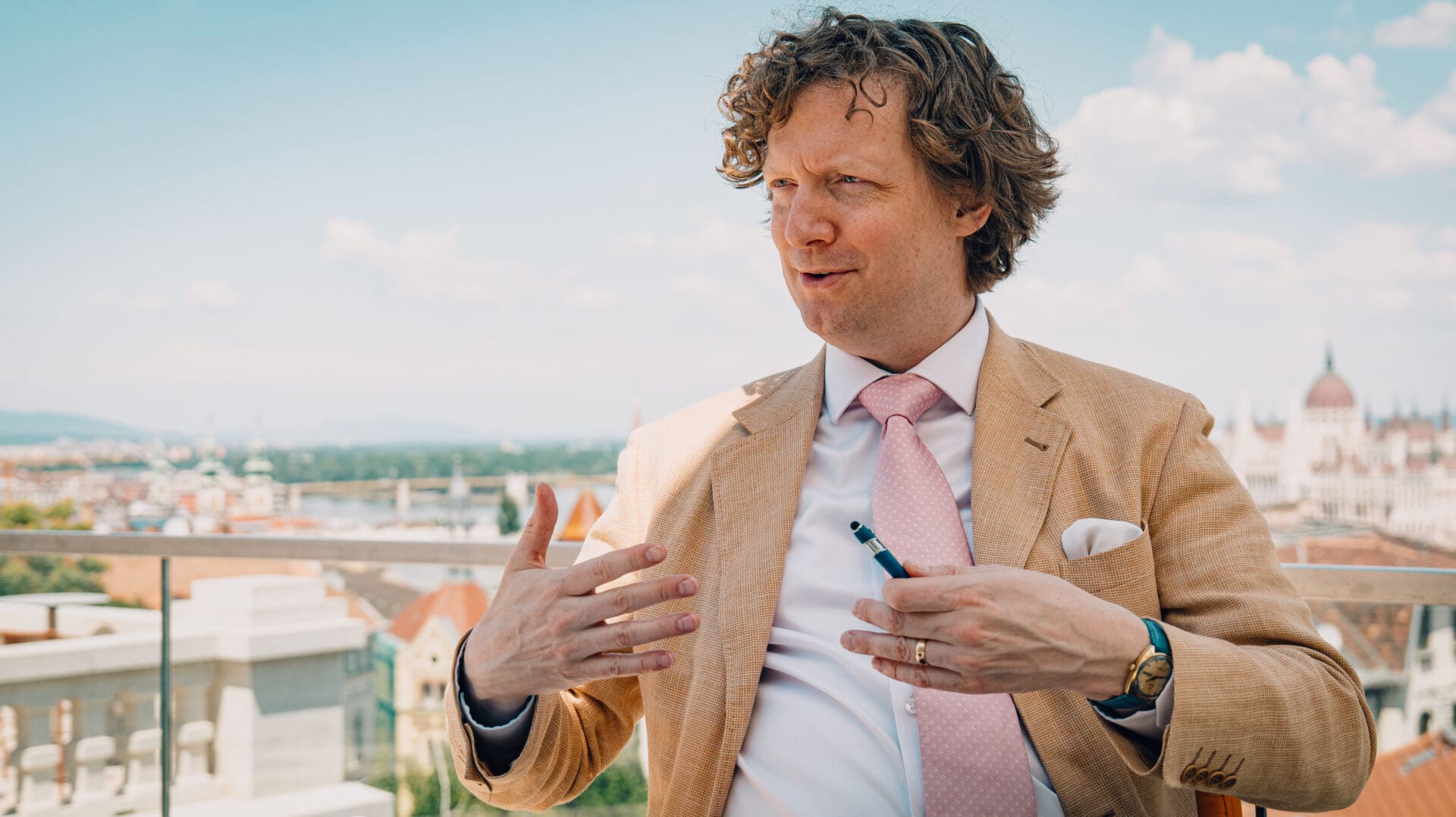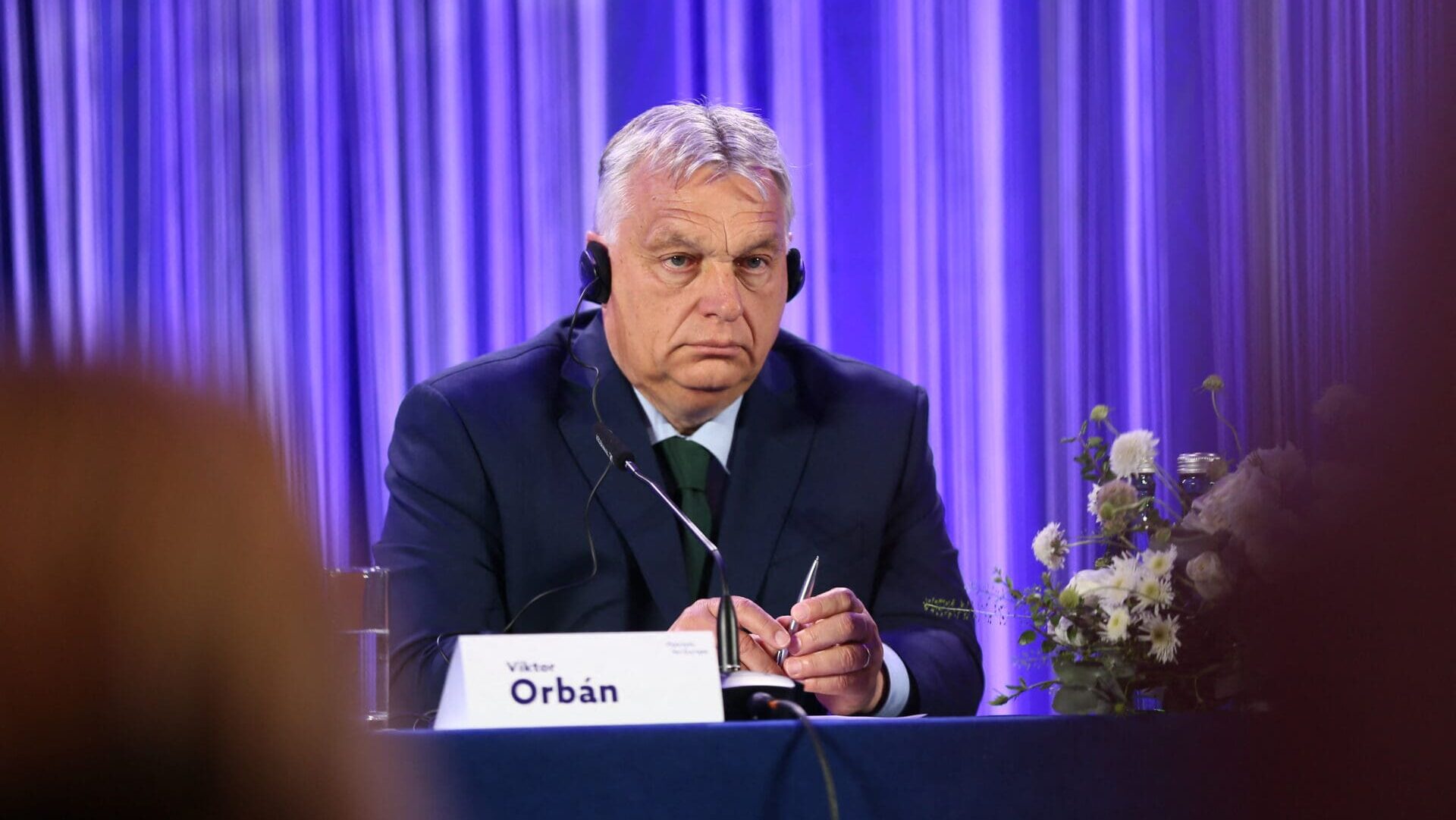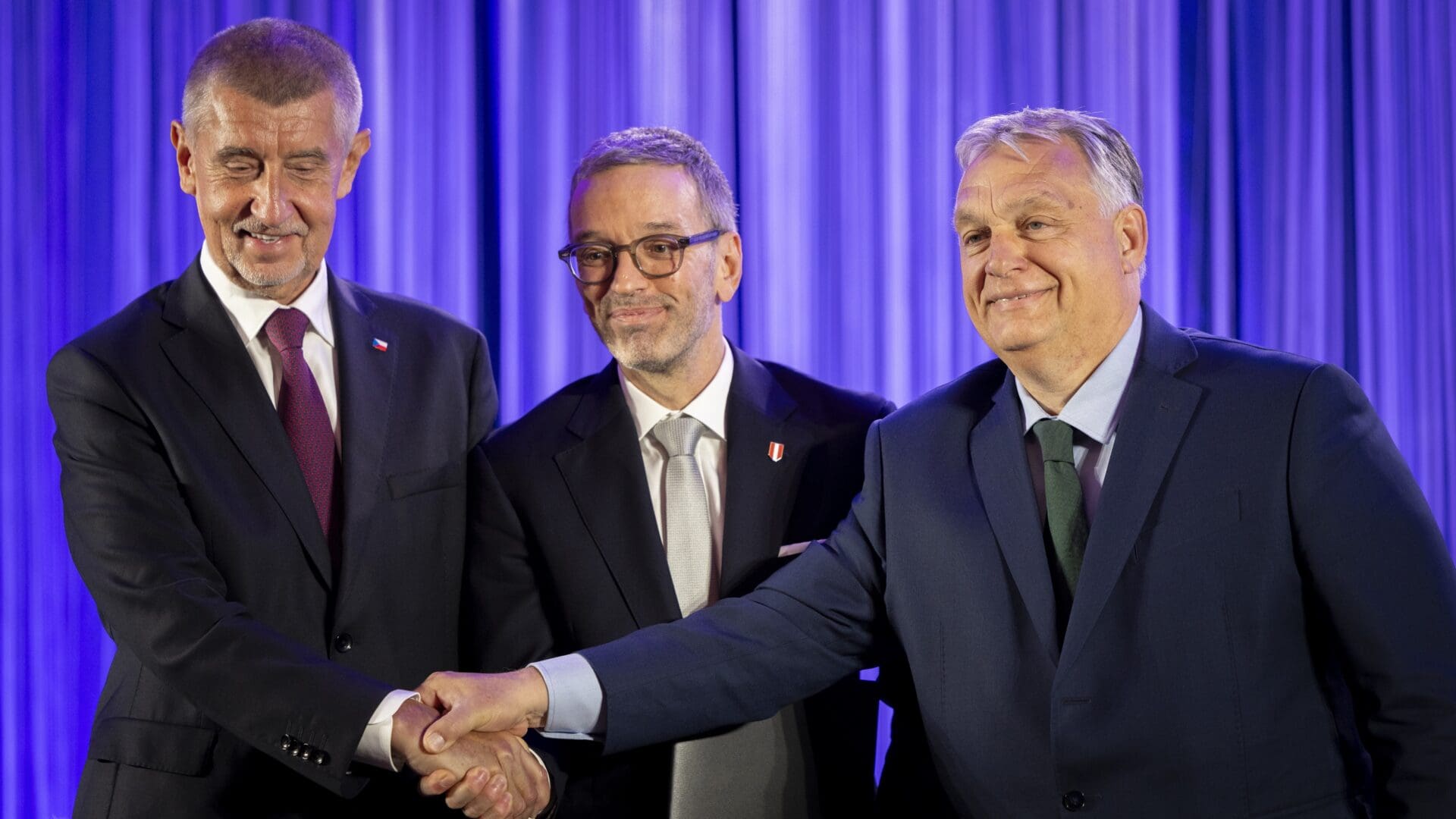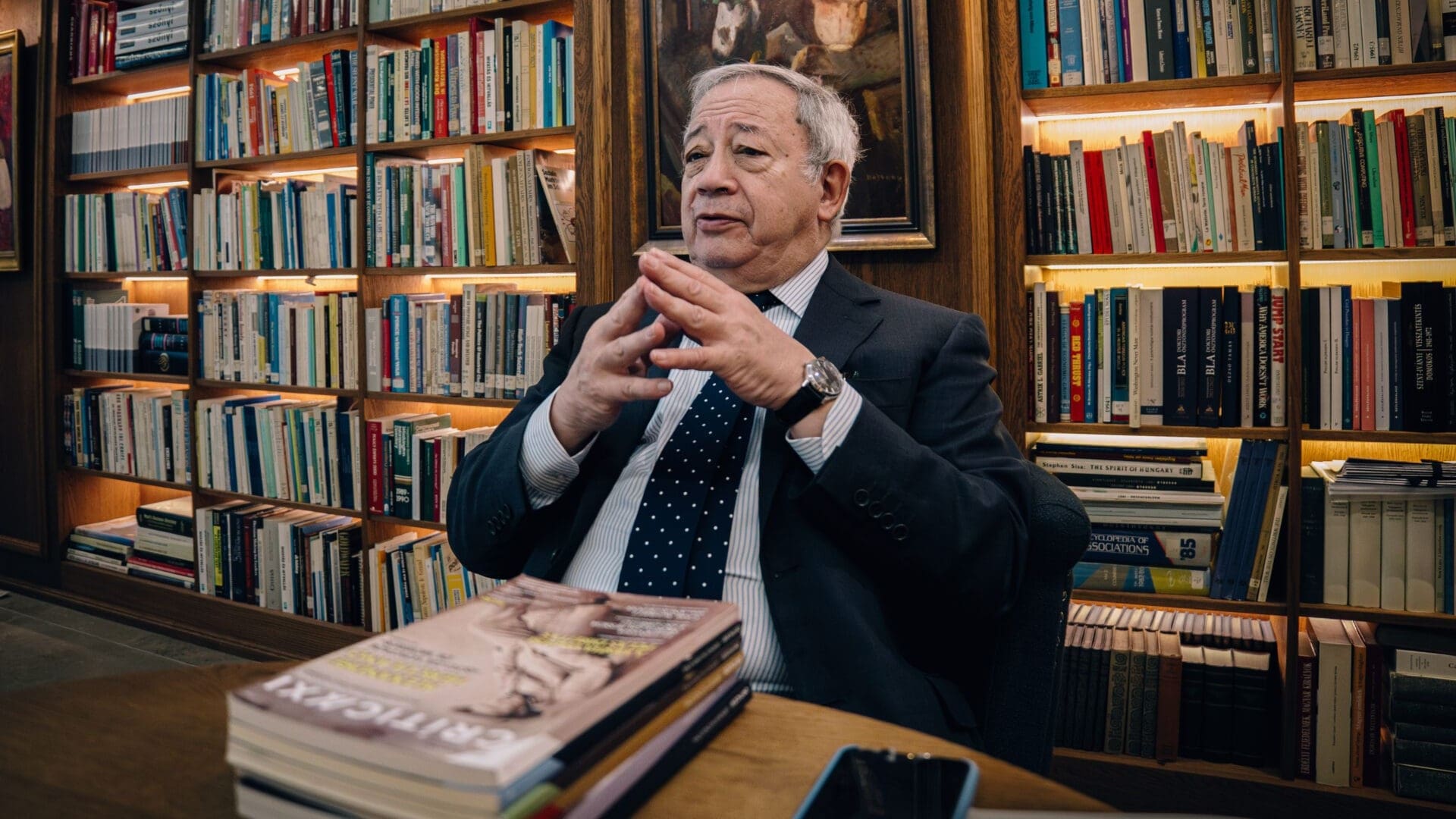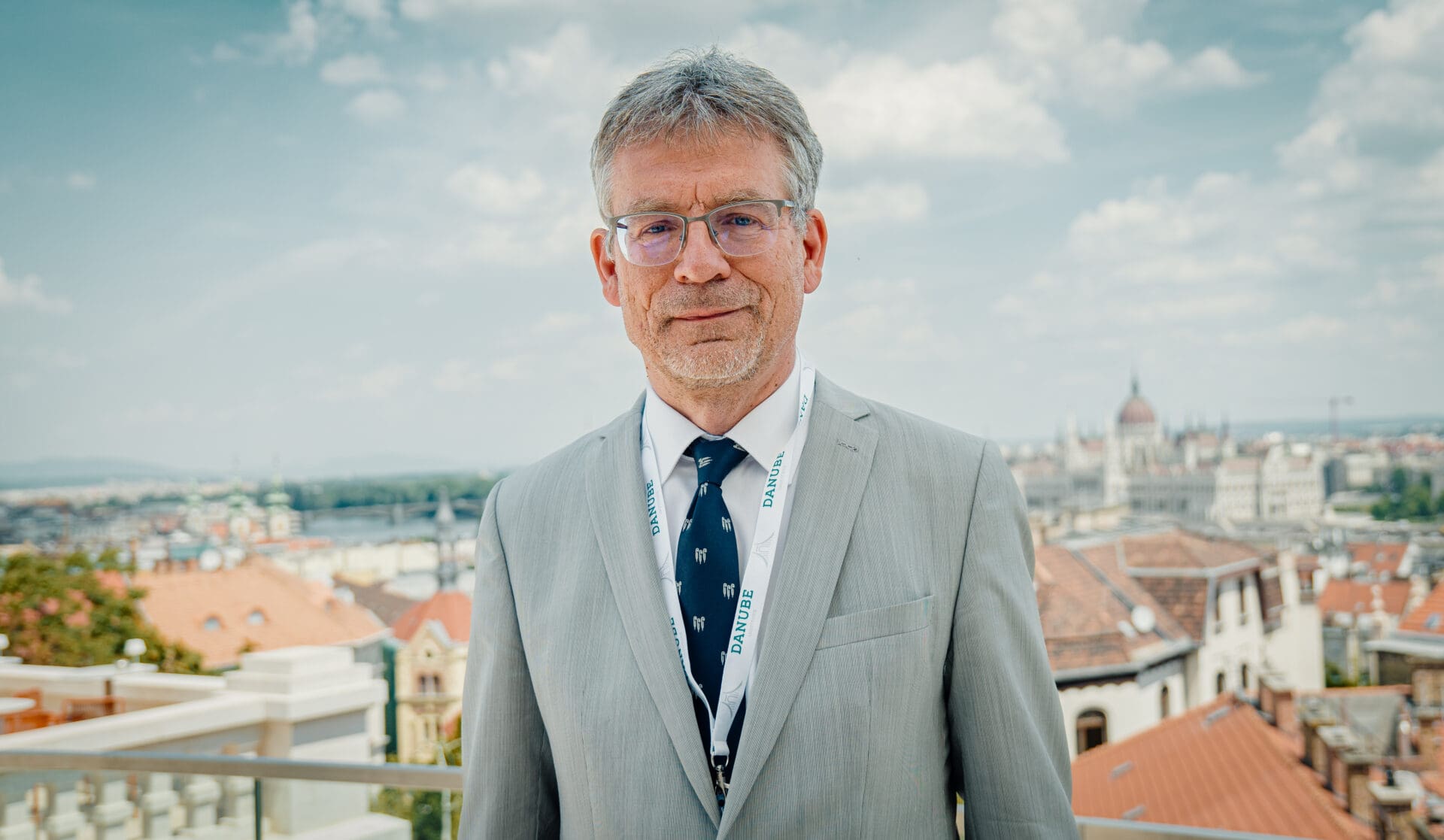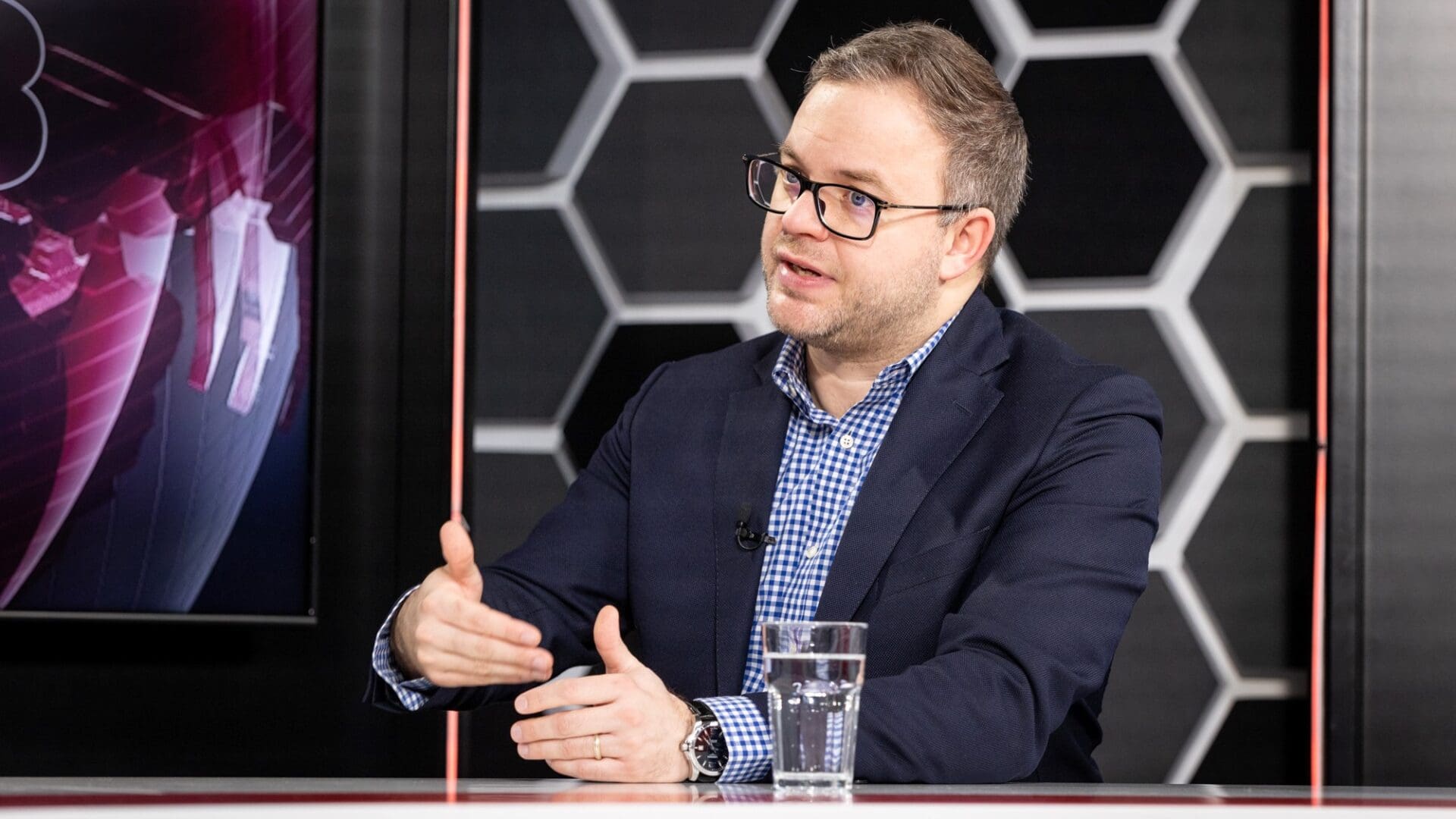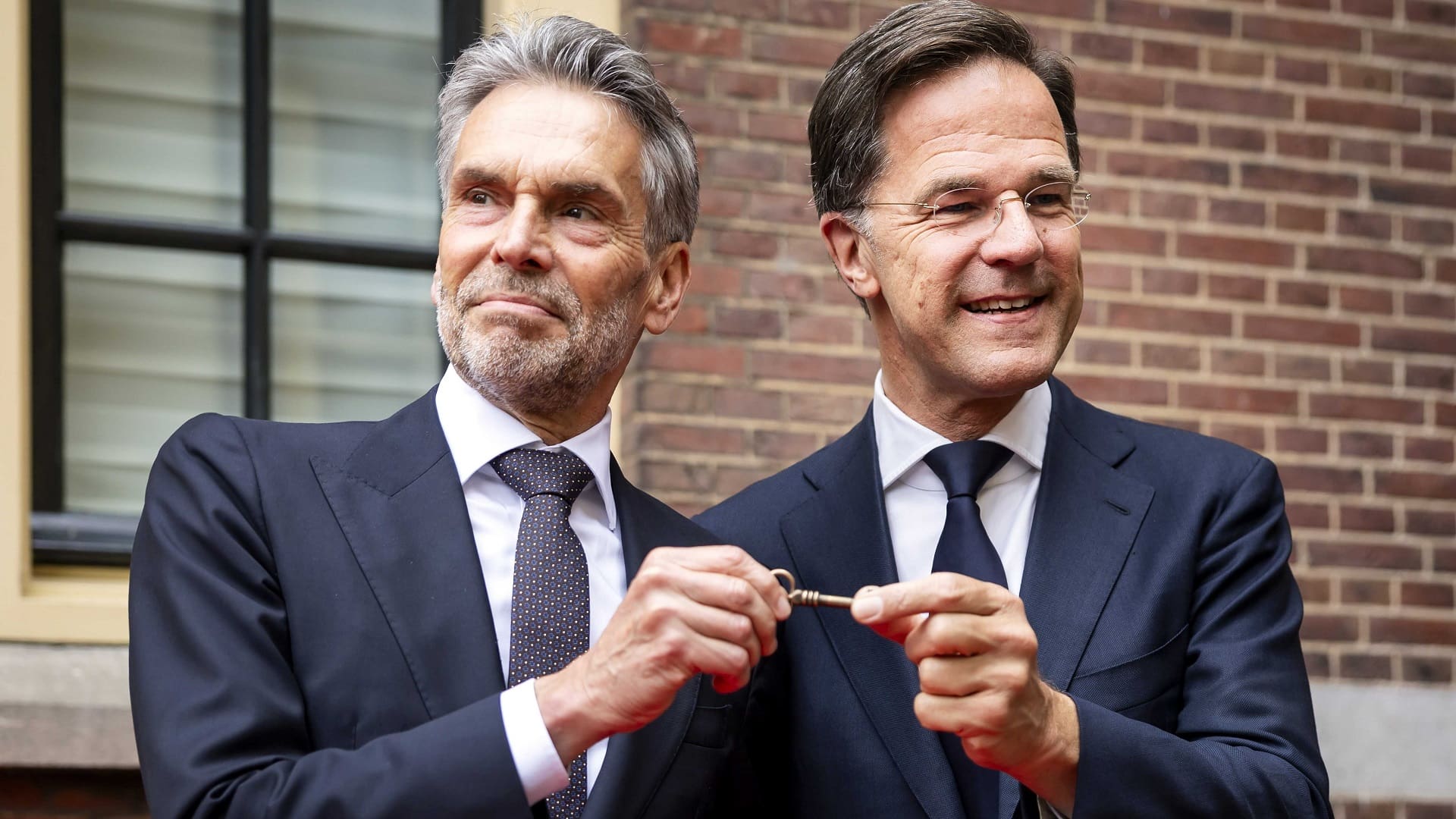
New Dutch Prime Minister Sworn Into Office
Dick Schoof, the 67-year-old independent former Director-General of the General Intelligence and Security Service, arose as a compromise candidate for prime minister after seven months of negotiations between the winning PVV party and its coalition partners. The new cabinet has vowed to implement the strictest migration and asylum policy in the history of the country.


